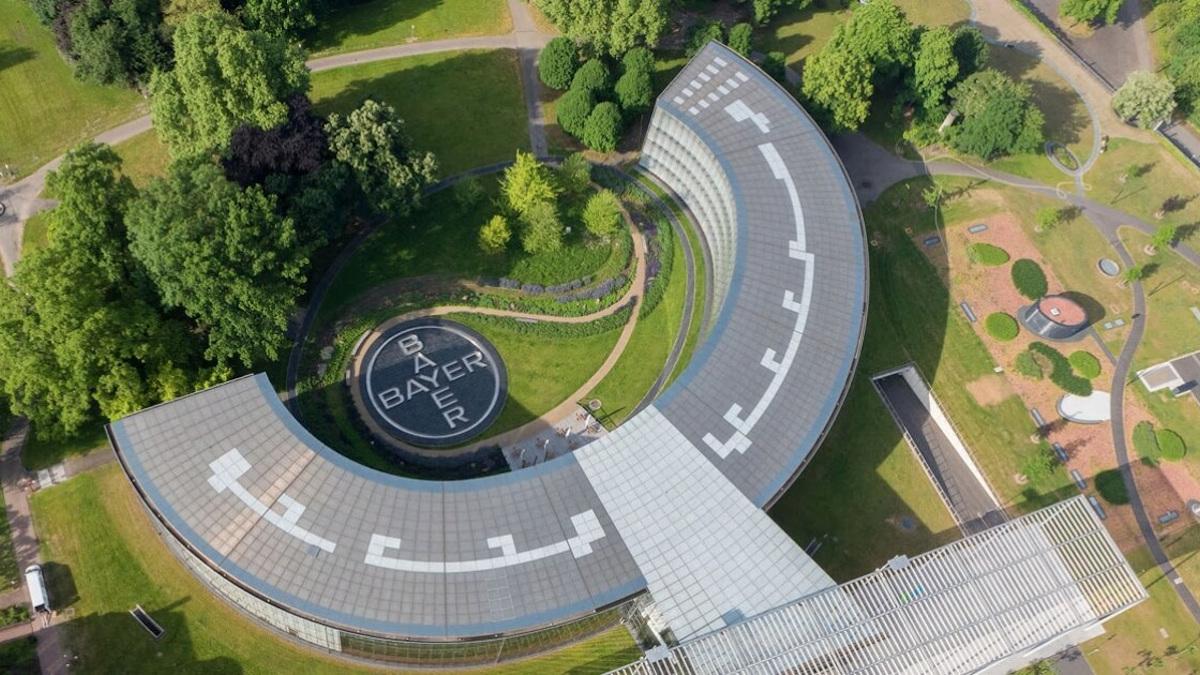Alligator slashes workforce and pares down its pipeline

Faced with a cash crunch, Alligator Biosciences has said it plans to shed up to 70% of its workforce and focus all its attention on lead cancer drug mitazalimab as it prepares for phase 3 trials.
The Lund, Sweden-based biotech is aiming to trim around SEK 65 million (around $6 million) off its annual cash burn through the restructuring and is also pursuing a rights issue that it reckons will raise around SEK 280 million and allow it to fund operations through to the end of next year. It ended the third quarter with reserves of around SEK 48 million.
The cash raised will be used to pay off bridging loans taken out by Alligator to keep the business going as it prepares for a phase 3 programme for mitazalimab, a CD40 agonist being developed for advanced pancreatic cancer that recently showed promising efficacy in a phase 2 study. The rights issue is scheduled to close sometime in the first quarter of 2025.
The company is still negotiating with trade unions, so can't yet give a precise figure on job losses, but said the cuts would mainly affect its drug discovery and non-clinical operations. It aims to end up with a workforce of around 15 full-time employees focusing on late-stage development activities, with the future of all other pipeline programmes "under strategic evaluation."
That includes assets like ATOR-1017, a 4-1BB-targeting antibody for solid tumours that has completed a phase 1 trial, and 4-1BBx5T4 bispecific antibody ALG.APV-527 – being co-developed with Aptevo Therapeutics – which is in early clinical development.
Last month, Alligator reported updated results from the phase 2 OPTIMIZE-1 study of mitazalimab as a first-line treatment for advanced pancreatic cancer, showing a near-doubling in overall survival after 18 months of follow-up.
The 57-subject study – which compared mitazalimab plus chemotherapy regimen mFOLFIRINOX to mFOLFIRINOX alone – found that 36.2% of metastatic pancreatic ductal adenocarcinoma (mPDAC) patients treated with Alligator's drug were still alive at that time point, compared to 18.6% of the control group.
That is an encouraging result in mPDAC, which is a notoriously hard-to-treat cancer with a five-year survival rate of less than 5%.
Alligator – which has developing mitazalimab on its own after losing Johnson & Johnson as a partner for the drug a few years ago – is now planning a pivotal trial of the CD40 agonist in combination with mFOLFIRINOX in previously-untreated mPDAC. It is also in negotiations with other potential partners to help bring the programme forward.
The company's chief executive, Søren Bregenholt, said that 24-month data from OPTIMIZE-1 should read out in the first quarter of next year, which already sets mitazalimab apart from trials of other treatments in metastatic pancreatic cancer, as most are stopped earlier than this because clinical efficacy has waned and patients relapsed or died.
"We remain laser-focused on mitazalimab development and it is our objective to deliver outstanding returns to our shareholders," remarked Bregenholt.
"The cost savings announced today will strengthen our ability to continue developing mitazalimab and enhance the chances to unlock its value by making it more attractive for partnership."
Photo by Robert Zunikoff on Unsplash












